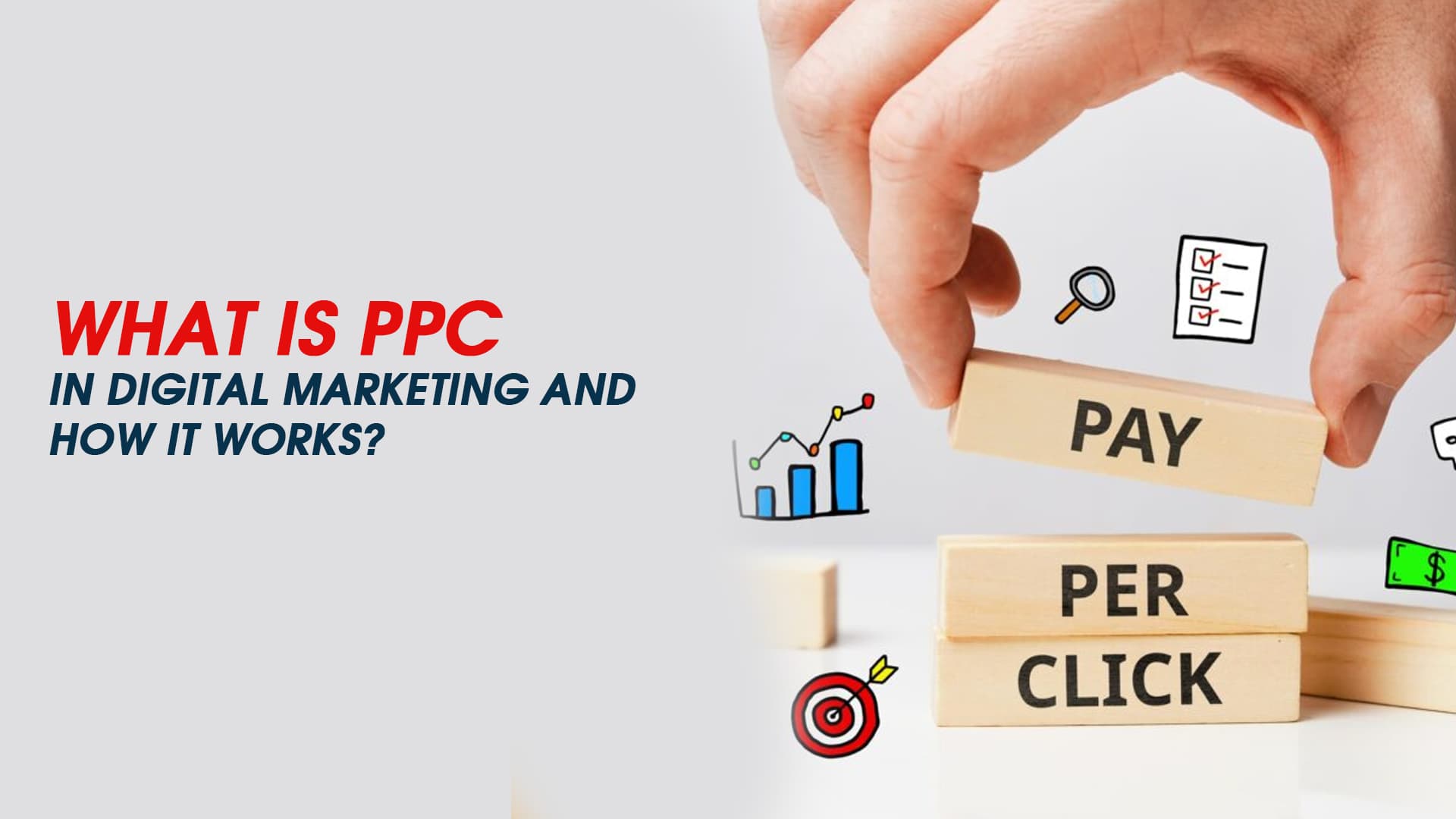PPC stands for Pay-Per-Click, a model of digital marketing where advertisers pay a fee each time one of their ads is clicked. It’s essentially a way of buying visits to your site, rather than attempting to “earn” those visits organically through SEO. Here’s a deeper dive into PPC and how it functions in digital marketing:
What is PPC?
PPC is most commonly associated with search engine advertising, like Google Ads. Advertisers can bid for ad placement in a search engine’s sponsored links when someone searches on a keyword that is related to their business offering. For example, if we bid on the keyword “PPC software,” our ad might show up in the very top spot on the Google results page.
How Does PPC Work?
- Keyword Selection: Advertisers select keywords that are relevant to their business and that prospective customers are likely to use when searching for their products or services. Keywords can range from single words to complex phrases and are selected as part of an advertiser’s PPC campaign.
- Ad Auctions: Each time a PPC ad is eligible to appear for a given keyword, it goes through what’s called an ad auction. An ad auction is an automated process that Google and other platforms use to determine the relevance and validity of advertisements that appear on their SERPs.
- Bid Amount: Advertisers must decide how much they are willing to spend for each click, which can affect the likelihood of their ads appearing. The bid amount can vary greatly depending on the competitiveness of the keyword.
- Quality Score: Google also looks at the quality score of the advertisement, which is based on several factors including your click-through rate (CTR), the relevance of each keyword to the ad group, the quality of your landing page, and your past performance on the SERP. Higher quality ads can often lead to lower costs and better ad positions.
- Pay Only for Clicks: The fundamental aspect of PPC is that you only pay when someone clicks on your ad. This makes it easy to manage costs, track conversions, and determine your ROI.
Types of PPC
- Search Advertising: These are ads that appear as search results on search engine results pages. The most common platforms for this are Google Ads and Bing Ads.
- Display Advertising: These ads appear on websites or apps that your audience might use. They can be text, images, or video banners.
- Social Media Advertising: Platforms like Facebook, Instagram, Twitter, and LinkedIn offer PPC model advertising as well, which allows you to target users based on very specific demographics, interests, and behaviors.
- Remarketing: This is a form of PPC that allows you to show ads to users who have previously visited your website, to prompt them to return.
Benefits of PPC
- Immediate Traffic: Unlike organic search, PPC can generate traffic immediately after the campaign starts.
- Precise Targeting: PPC allows for an incredibly granular level of targeting, including targeting by geography, language, device, and time of day.
- Measurable ROI: With PPC, you can easily measure your return on investment through tools like Google Analytics. You can see detailed performance reports that show the exact cost of each click and how much revenue it generated.
Challenges of PPC
- Cost: Depending on the competitiveness of the keywords you’re targeting, PPC can be expensive, especially if not managed properly.
- Requires Expertise: Successful PPC campaigns require a lot of knowledge and expertise as poor campaign setup can lead to wasted spend.
- Time-Intensive: Managing a PPC campaign requires time and attention, from keyword research and ad creation to monitoring and adjusting bids.
PPC is a powerful tool for digital marketing when used wisely. It complements SEO and other marketing strategies by providing additional traffic and visibility to your website or landing pages quickly. For businesses looking for immediate results, such as startups looking to increase visibility or established businesses launching a new product, PPC can be a particularly effective strategy.


